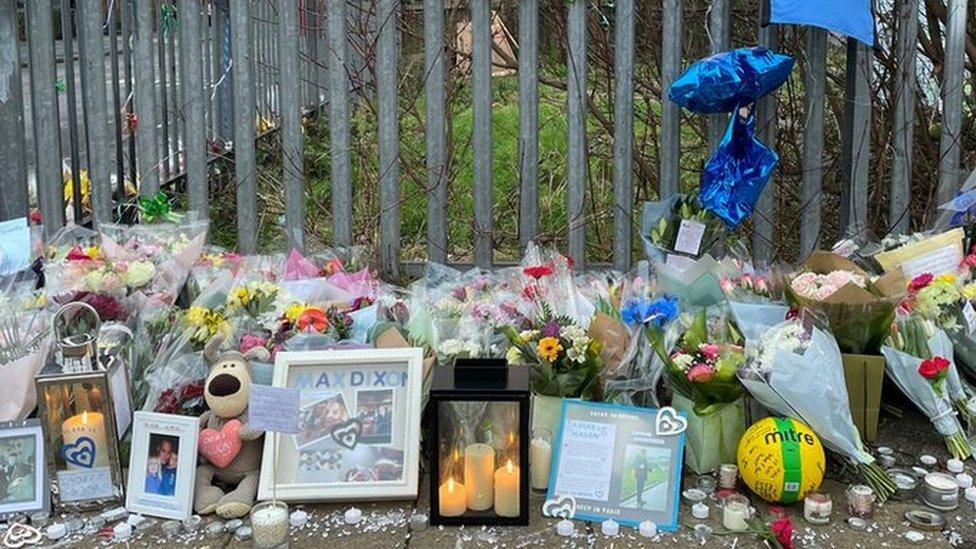'Community work is key to stopping knife crime'
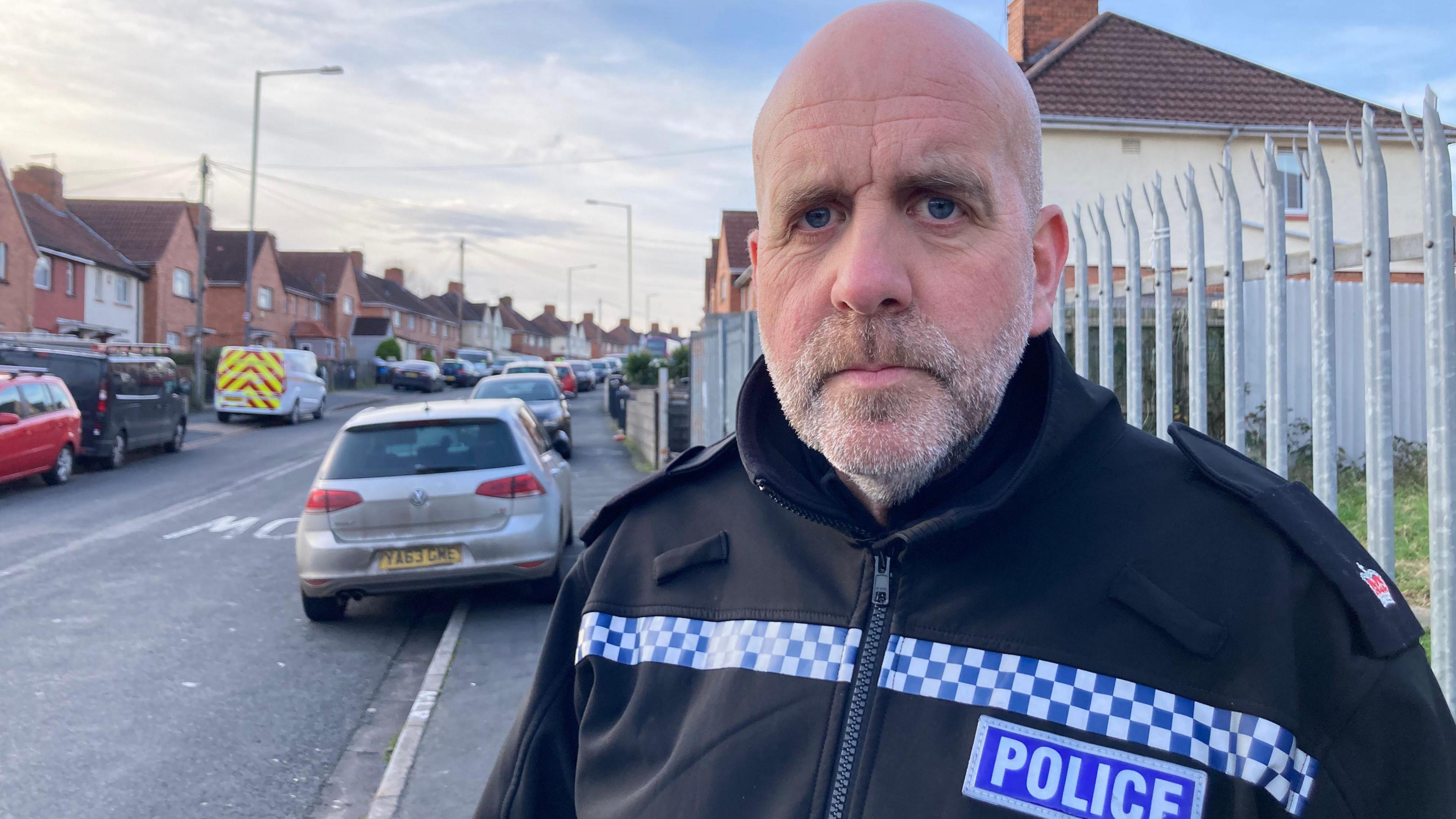
Supt Mark Runacres from Avon and Somerset Police
- Published
A police officer has set out how his force was tackling knife crime and youth violence in Bristol.
Avon and Somerset Police and Bristol City Council have carried out targeted work to combat the problem, following the fatal stabbing of Max Dixon and Mason Rist, Darrian Williams and a life-changing attack on a teenager outside McDonalds earlier this year.
An update on their work was given to councillors on 28 November, when they heard how the incidents caused widespread ripple effects throughout the city.
Supt Mark Runacres said preventative community work was "really key" to resolving the problem.
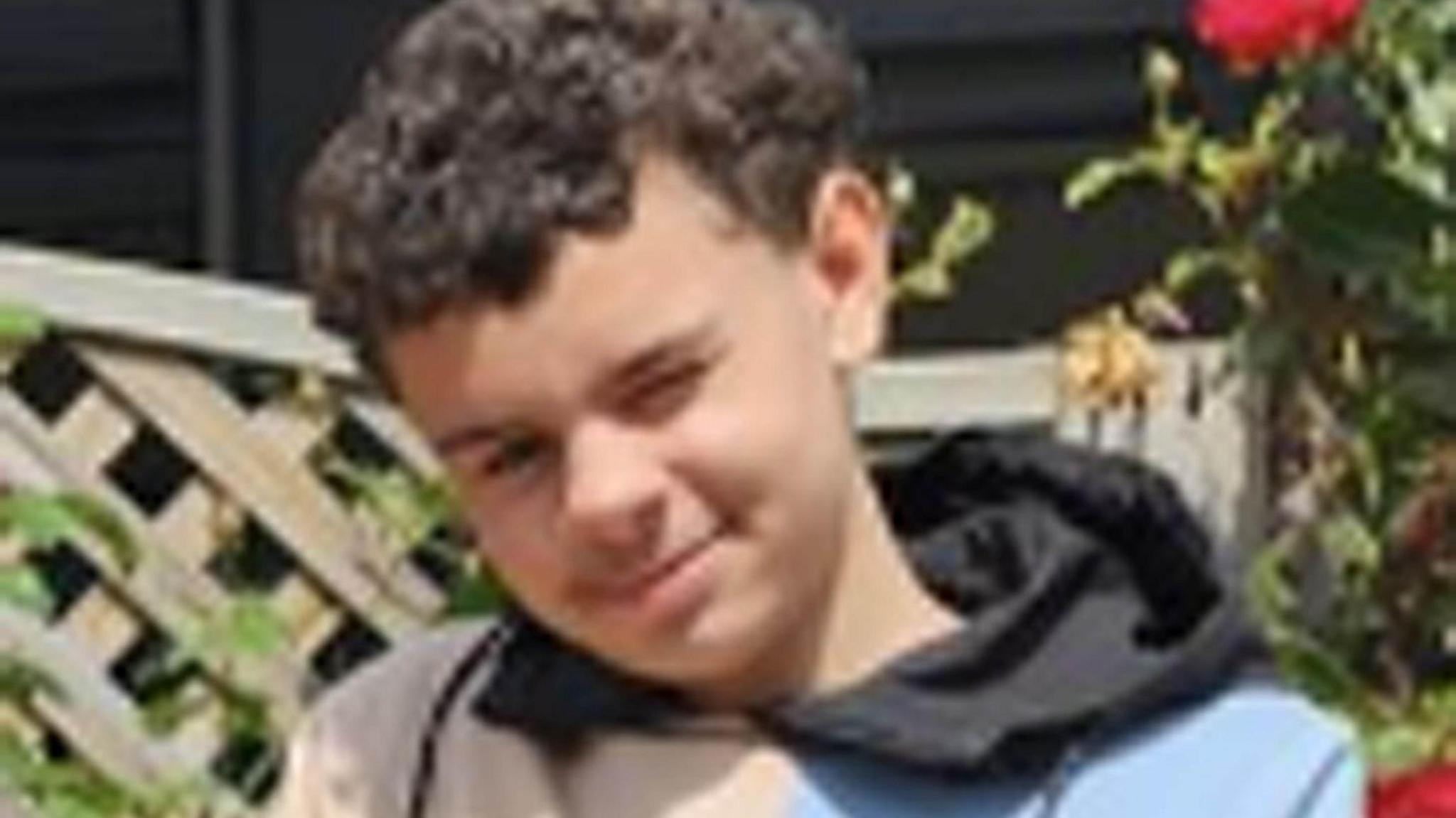
Darrian Williams was fatally stabbed on 14 February
Supt Runacres said: “We need to be engaging with communities, that’s always been a real focus of mine.
"That’s what neighbourhood policing is about, we need to be connected. Where you’ve got that engagement and connection with communities, that builds confidence in the police and makes people more likely to report things to us.
"The preventative work is really, really key."
Supt Runacres added that there had been a "significant increase" in serious youth violence and knife crime incidents in east Bristol this year.
In the east of the city, many of the incidents related to ongoing tensions among groups which police had intelligence about - including the stabbing at McDonald's and the murder of Darrian Williams in Rawnsley Park.
'Challenging issue'
"Since targeted work was delivered, including early intervention work, there were reductions, particularly in east Bristol.
"Those reductions have been maintained as we’ve moved further through the year.
"It’s not something that we’re complacent about though," Supt Runacres said.
He added that issues around identity is a "challenging issue" for the force to work through
"It links into a lot of issues around deprivation, vulnerability and exploitation," he said.
'Real focus'
Bristol City Council collaborates with the police as part of its Safer Options, external programme.
According to the Local Democracy Reporting Service, the scheme reached 1,623 children.
Programmes were led in schools, focusing on weapons and drugs, prevention, community mentoring and group work.
Attendance, training and family stability are considered key protective factors, and those without are considered to be more vulnerable.
Supt Runacres said engaging with the community is a "real focus" as it builds connection and confidence between the public and the police.
He paid tribute to the communities of Lawrence Hill, Easton, Knowle and Hartcliffe, who were "exemplary" in working alongside the force to gather evidence for positive outcomes at court.
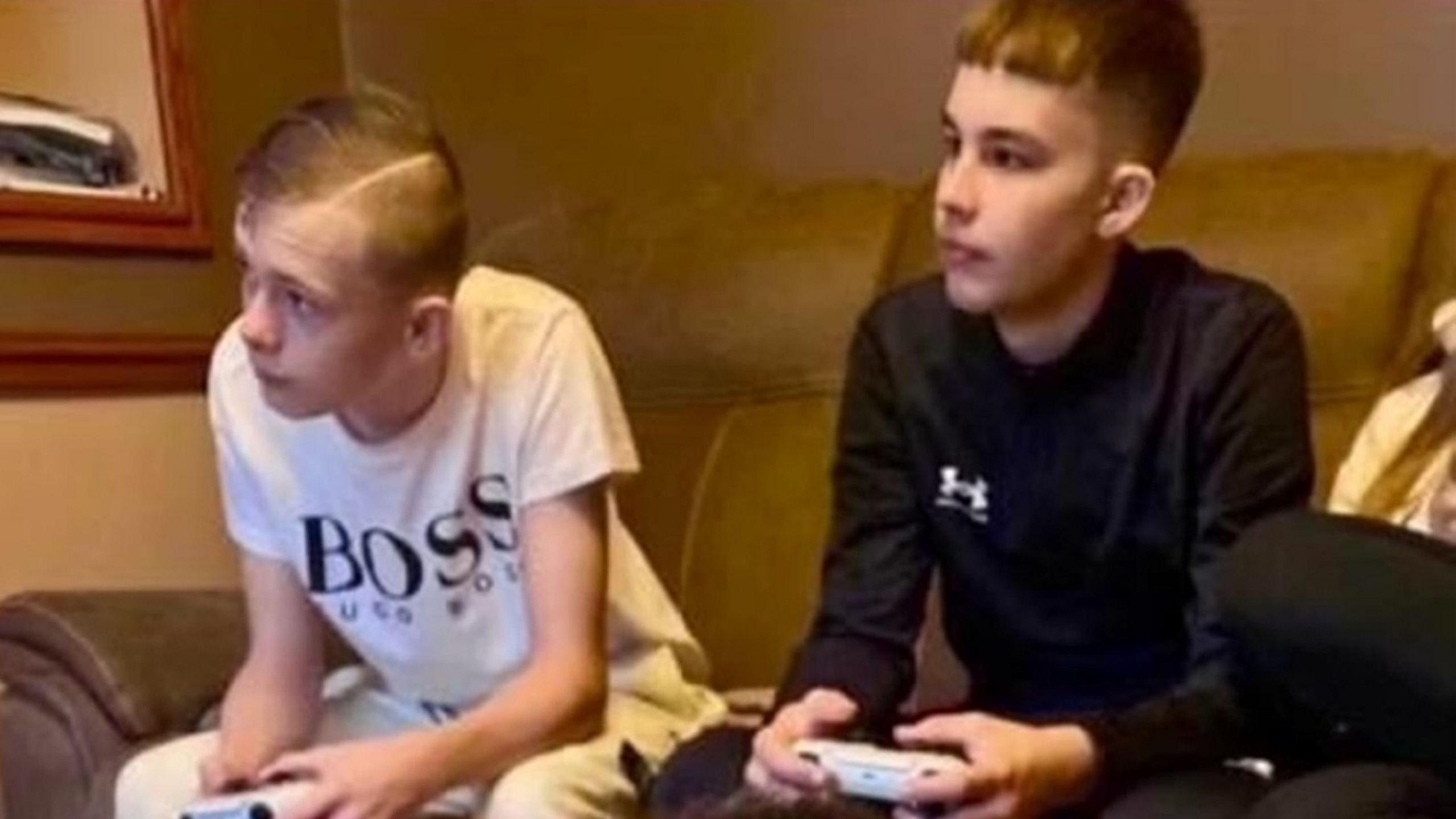
Mason (L) and Max (R) were stabbed in a case of mistaken identity
However, councillor Kerry Bailes said the lack of information given to the neighbourhoods after the murders of Max and Mason was "frightening", given the fact that the defendants lived nearby.
Every arrest made in connection with their murders - particularly those who were found to be "completely unconnected" - impacted local people.
Councillor Susan Kollar said an innocent young boy was arrested and questioned in relation to the incident.
"All the family were relocated, with new schools and everything.
"Obviously we understand that arrests have to be made, because you’ve got to follow all lines of inquiry.
"But we have to be mindful of that kind of situation and the impact on families of people who have been arrested and are innocent.”
Get in touch
Tell us which stories we should cover in Bristol
Follow BBC Bristol on Facebook, external, X, external and Instagram, external. Send your story ideas to us on email or via WhatsApp on 0800 313 4630.
Related topics
- Published16 November 2024
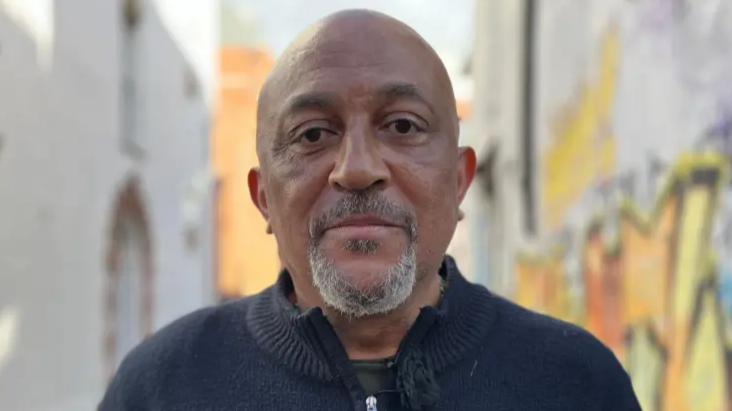
- Published3 November 2024
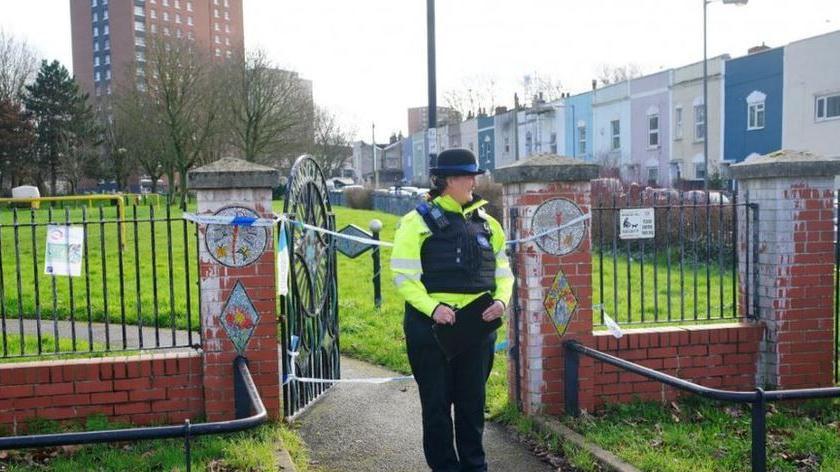
- Published6 March 2024
